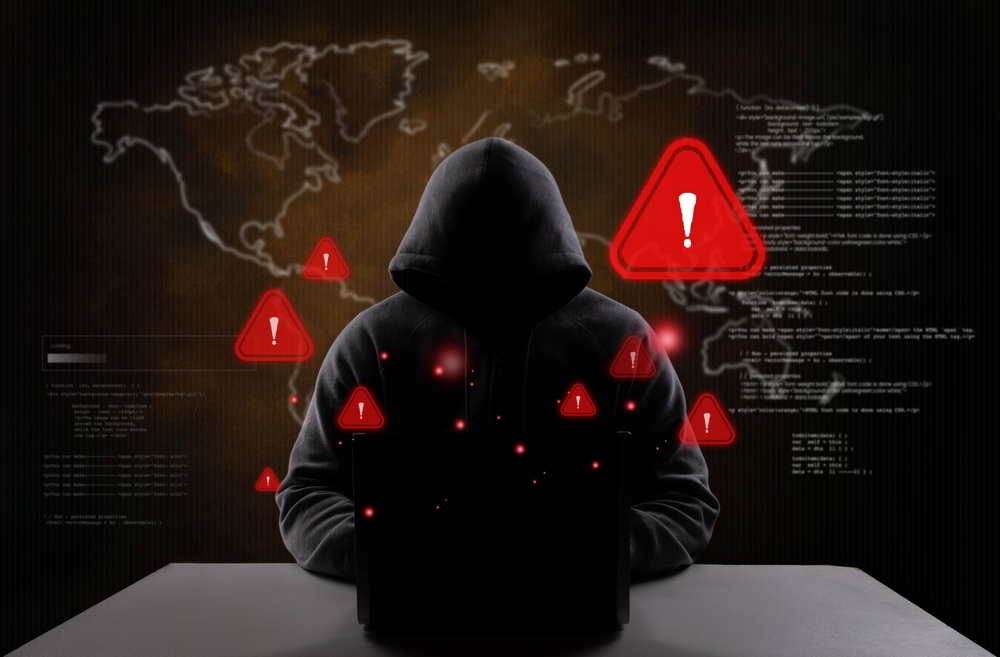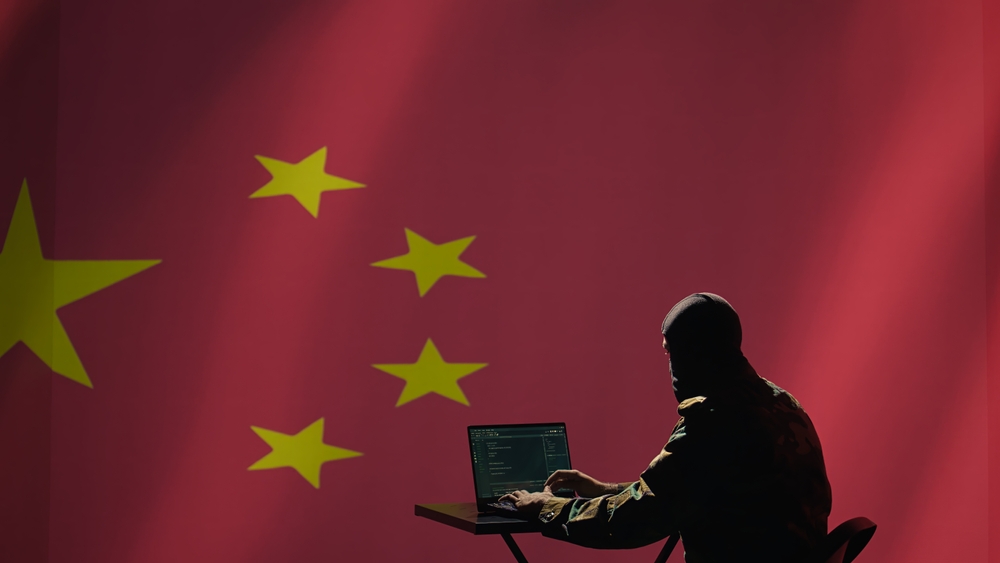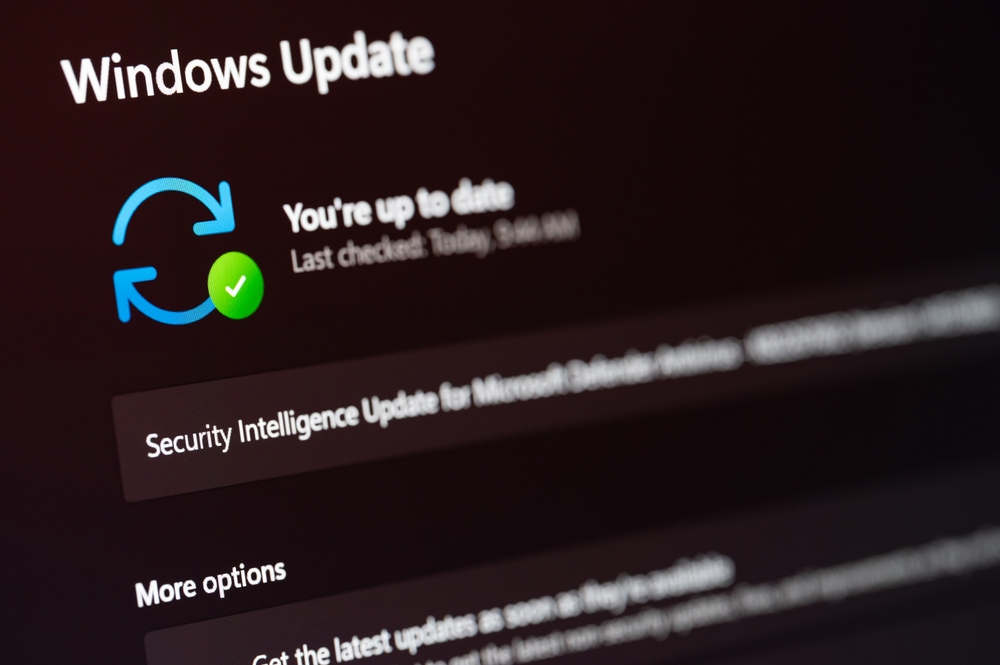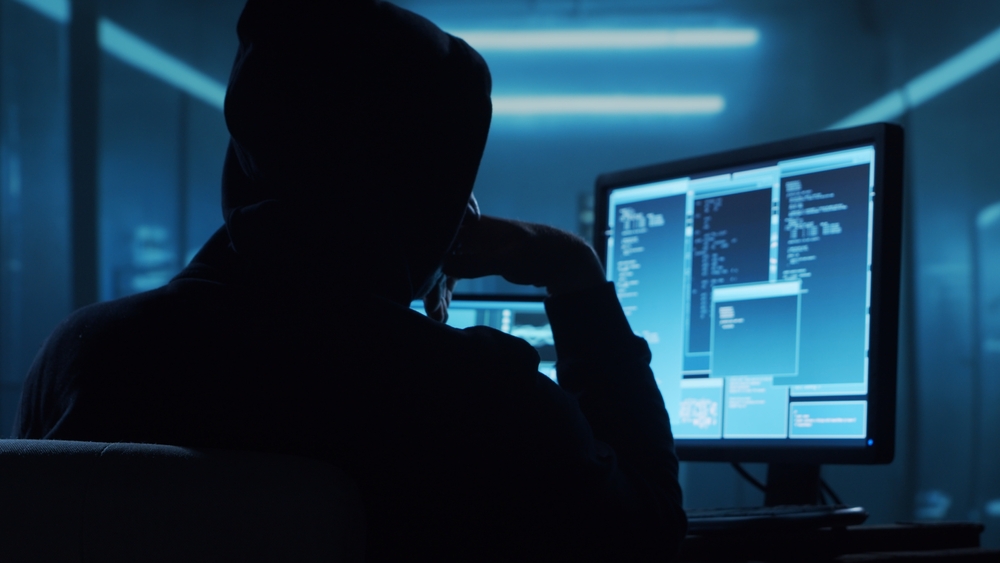A state-backed hacking group linked to Beijing reportedly used an unpatched Windows shortcut bug to infiltrate computers belonging to diplomats attending high-level meetings across Europe.
Others are reading now
A state-backed hacking group linked to Beijing reportedly used an unpatched Windows shortcut bug to infiltrate computers belonging to diplomats attending high-level meetings across Europe.
A new front in cyber-espionage

Researchers say the Chinese group known as Mustang Panda has expanded its spying operations from Asia to Europe, focusing on defense and security officials.
A convincing disguise

The hackers sent what looked like real meeting agendas and travel documents to diplomats, encouraging them to open the files without suspicion.
The hidden danger in a click

The fake documents exploited a weakness in how Windows opens shortcut files — a flaw that lets attackers run secret commands when a user simply clicks an icon.
How the infection spreads

Once opened, the file quietly installed malicious software that gave the hackers full access to the victim’s computer and its contents.
Also read
The return of an old spy tool

The malware, called PlugX, is a long-used program favored by Chinese intelligence groups to read files, record keystrokes, and spy on communications.
Using trusted software as camouflage

To stay undetected, the attackers hid their malicious code inside a genuine Canon printer tool that still appeared safe to Windows because it was properly signed years ago.
Real European targets

Security analysts found evidence of attacks against diplomats and aviation officials in Belgium, Italy, Hungary, and the Netherlands during recent conferences.
Exploiting a gap Microsoft hasn’t closed

The flaw has been publicly known since March, but Microsoft has yet to release a full fix — leaving millions of systems potentially vulnerable.
A wake-up call for Europe

Experts warn that this campaign shows how rapidly Chinese groups can adapt and exploit newly revealed weaknesses before companies patch them.
Also read
Staying protected

Users are advised to avoid opening unexpected attachments, even if they seem official, and to keep all software fully updated once a patch becomes available.
Espionage in the digital age

The incident highlights how modern spying increasingly happens through everyday tools — where a single click can be enough to compromise national secrets.


